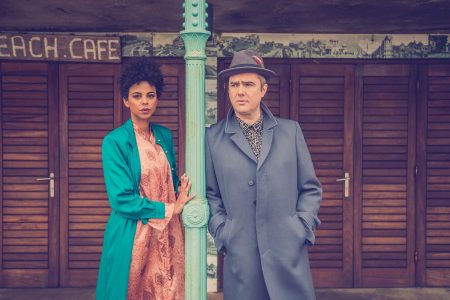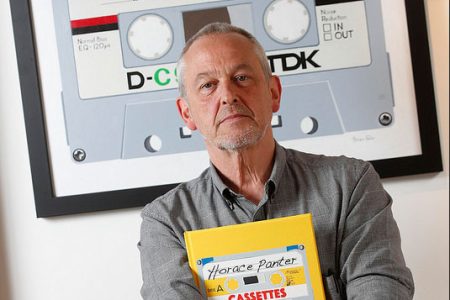Nowadays it is common for any silk scarf, particularly the classic Paisley design, to be referred to as “a Tootal” but not all scarves are created equal. Not all scarves have over 200 years of British heritage, a fact of which we remain very proud.
We trace our roots to 1799 and Robert Gardner, a textile merchant and no doubt the most stylish man in Manchester. With the arrival of steam power and canals Manchester – or “Cottonopolis” as it was nicknamed in the 19th Century – thrived as a centre of the textile industry.
Roll forward to 1842 and Edward Tootal, “a merchant in silks and fancy dress materials” joined the rapidly expanding business. Edward proved so successful that in 1847 the company was renamed Edward Tootal & Co. (In fact Edward was SO successful that the London & North Western Railway named a steam locomotive after him). On his retirement in 1856 the business passed to his nephew, Henry Tootal Broadhurst, and Henry Lee, the latter originally an apprentice to Robert Gardner.
No history of Britain’s textile industry is complete without mention of 1862 when workers at Lancashire cotton mills refused to handle raw cotton picked by US slaves, despite the impact on their own welfare. The following year President Lincoln would write to “the working men of Manchester” praising their “sublime Christian heroism which has not been surpassed in any age or in any country”.
By the end of the 19th century Tootal had three large textile mills at Newton Heath in Manchester, Black Lane in Radcliffe and Daubhill in Bolton. A thriving business, with beautiful cloth and principled people was joined by beautiful architecture when in 1892 Tootal opened a large new brick-clad warehouse and office block, in Oxford Street, Manchester. In 2017 it was announced that the Mayor of Greater Manchester – obviously a man of good taste – would move his offices to this magnificent Grade II* listed building, now known as Churchgate House.
At the outbreak of World War I, Edward Tootal Broadhurst, the company chairman, joined the committee organising the Manchester Pal battalions. Tootal Broadhurst Lee & Co offered to keep jobs open to any of their workers who volunteered.
Steaming ahead to 1918 and Sir Edward was knighted for his contribution to the war effort. (Did we mention that Sir Edward also had a locomotive named after him? We had our own train set!) By way of thanks for local people’s efforts during the war Sir Edward donated 80 acres of land at Broadhurst Park, Moston to Manchester Corporation. The area now includes the home ground of FC United of Manchester, who play in the National League North.
Tootal were on a worldwide mission to dress the dapper and the dandy, and by 1939 we had offices in Belfast, Birmingham, Leeds, London and Glasgow and overseas in Argentina, Australia, Canada, France, and New Zealand. In 1952 a new Tootal factory opened in Devonport, Tasmania and by 1973 Tootal Ltd was reported to be the 9th largest cotton firm in the world, 5th largest in the UK, with 25,000 employees worldwide.
Today we operate from a slightly more modest facility in Derbyshire, still making our famous scarves and accessories from 100% silk, and still applying the standards and skills learnt over the last 200 years.


